Exploring the Versatility of Japan Jigs
Japan jigs, a cornerstone in the fishing tackle realm, have gained prominence for their effectiveness and innovation. These lures are integral for anglers targeting a diverse range of species, from freshwater bass to deep-sea dwellers. The japan jig category encompasses various designs, each tailored to specific fishing conditions and techniques.
Types and Applications of Japan Jigs
The assortment of japan jigs includes options such as the osaka jig and tokyo jig, each crafted to enhance the fishing experience in different environments. For instance, the slow jigging japan technique is revolutionized by jigs designed to flutter enticingly in deep waters, mimicking injured prey. On the other hand, the squid jig japan is specialized for cephalopod enthusiasts, with features that appeal to these unique creatures.
Materials and Construction
The materials used in japan jigs, such as pure tungsten and PVC, are selected for their durability and environmental considerations. Tungsten, in particular, offers a denser material for its weight, allowing for more compact designs without sacrificing casting distance or sink rate. The metal jig japan variant is a testament to the meticulous engineering that goes into creating lures that can withstand the rigors of saltwater angling.
Features and Design Innovations
Each japan jig is a culmination of thoughtful design, with features that enhance their appeal to target species. The harimitsu squid jig japan is a prime example, boasting reflective surfaces and built-in luminosity for attracting squid in low-light conditions. Similarly, the lurekiller japan series incorporates hydrodynamic shapes for optimal movement through the water, triggering strikes from predatory fish.
Advantages of Using Japan Jigs
Anglers choose japan jigs for their versatility and effectiveness. The design intricacies of these jigs, including weight distribution and hook placement, contribute to a higher hookup ratio. Moreover, the variety available, such as the osaka 70 jig, allows anglers to fine-tune their approach to match the fishing conditions, whether casting inshore or jigging over deep-sea structures.
Environmental Considerations and Sustainability
Sustainability is a growing concern in the fishing industry, and japan jigs are at the forefront of eco-friendly practices. Manufacturers are increasingly using materials that minimize environmental impact without compromising on performance. This commitment to sustainability ensures that the enjoyment of fishing can be passed down to future generations.


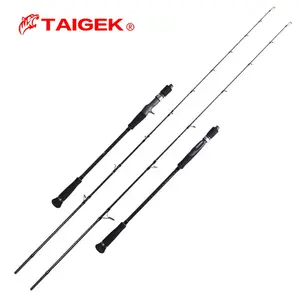


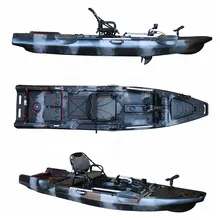





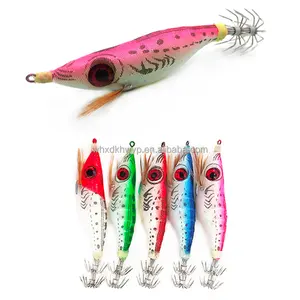

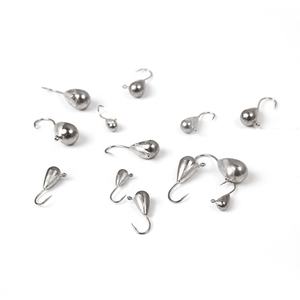
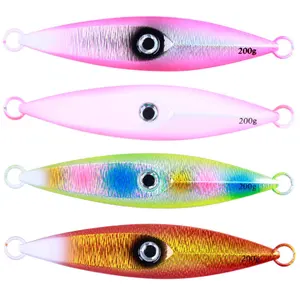




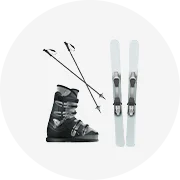



















 浙公网安备 33010002000092号
浙公网安备 33010002000092号 浙B2-20120091-4
浙B2-20120091-4